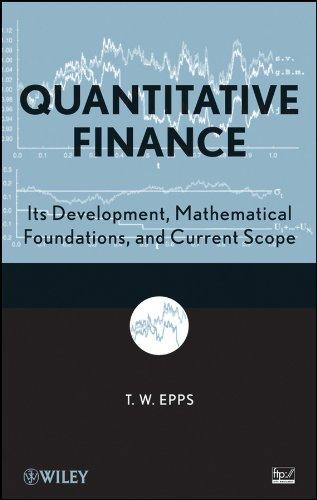Question
A company has an 11% WACC and is considering two mutually exclusive investments (that cannot be repeated) with the following cash flows: 0 1 2
A company has an 11% WACC and is considering two mutually exclusive investments (that cannot be repeated) with the following cash flows: 0 1 2 3 4 5 6 7 Project A -$300 -$387 -$193 -$100 $600 $600 $850 -$180 Project B -$400 $131 $131 $131 $131 $131 $131 $0 What is each project's NPV? Negative values, if any, should be indicated by a minus sign. Do not round intermediate calculations. Round your answers to the nearest cent. Project A: $ Project B: $ What is each project's IRR? Do not round intermediate calculations. Round your answers to two decimal places. Project A: % Project B: % What is each project's MIRR? (Hint: Consider Period 7 as the end of Project B's life.) Do not round intermediate calculations. Round your answers to two decimal places. Project A: % Project B: % From your answers to parts a-c, which project would be selected? If the WACC was 18%, which project would be selected? Construct NPV profiles for Projects A and B. If an amount is zero, enter 0. Negative values, if any, should be indicated by a minus sign. Do not round intermediate calculations. Round your answers to the nearest cent. Discount Rate NPV Project A NPV Project B 0% $ $ 5 10 12 15 18.1 23.54 Calculate the crossover rate where the two projects' NPVs are equal. Do not round intermediate calculations. Round your answer to two decimal places. % What is each project's MIRR at a WACC of 18%? Do not round intermediate calculations. Round your answers to two decimal places. Project A: % Project B: %
Step by Step Solution
There are 3 Steps involved in it
Step: 1

Get Instant Access to Expert-Tailored Solutions
See step-by-step solutions with expert insights and AI powered tools for academic success
Step: 2

Step: 3

Ace Your Homework with AI
Get the answers you need in no time with our AI-driven, step-by-step assistance
Get Started


